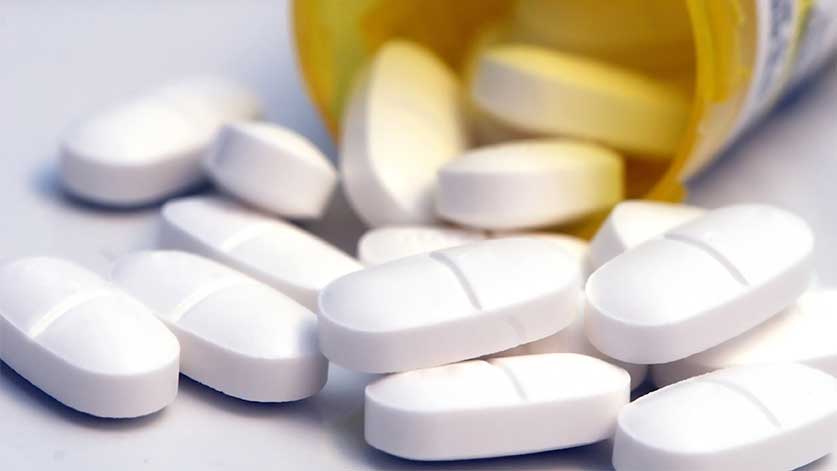What Does A Percocet High Feel Like?

Written by: Fikret Terzic MD, MS
Getting high on Percocet feels euphoric and numbing. However, Percocet abuse can cause serious short-term and long-term side effects, such as low blood pressure, drug addiction, and liver damage.

A Percocet high can make you feel numb, drowsy, and happy. Getting high on Percocet can also cause side effects such as respiratory depression, dry mouth, constipation, and liver failure.
Percocet is a prescription opioid that contains oxycodone and acetaminophen. Oxycodone is a Schedule II controlled substance with a high potential for substance abuse and drug addiction. Improper use of Percocet can lead to serious health problems, drug overdose, and death.
Recently, laws in Ohio were passed regulating the prescribing of opioid prescription medications for chronic pain. However, Percocet abuse may still be prevalent in the state. Taking Percocet as directed can minimize your risk of health problems.
Side Effects Of Percocet Abuse
Getting high on Percocet can cause euphoria and sedation. These effects can make Percocet an appealing target of drug abuse. However, abusing Percocet can also cause negative side effects such as:
- drowsiness
- constipation
- dry mouth
- low blood pressure
- skin rash
- increased anxiety
- excessive sweating
Percocet abuse can occur in patients taking Percocet for chronic pain, or in people taking Percocet without a prescription. Other forms of Percocet abuse may include crushing and snorting Percocet tablets, or taking Percocet in higher doses than you were prescribed.
Does Percocet Get You High?
Percocet works as a pain reliever by binding to opioid receptors in your central nervous system (CNS). When opioid receptors are active, you may experience pain relief, sedation, and numbness.
When taken as directed, these effects of Percocet temporarily relieve chronic pain and severe pain. However, the sedative effects of Percocet may also lead to illicit drug use.
Risks Of Getting High On Percocet
Getting high on Percocet can cause serious short-term and long-term side effects, which likely outweigh the euphoria caused by a Percocet high.
Percocet Addiction
Percocet addiction is a mental health condition where you are unable to stop taking Percocet despite worsening health. Addiction is also known as a substance use disorder.
Signs of a Percocet addiction in a loved one may include changes in behavior, poor performance at work or school, and persistent health problems.
Other aspects of a substance use disorder may include physical dependence, where your body cannot function without Percocet in your system, as well as withdrawal symptoms when trying to quit. A Percocet addiction can be difficult to treat without professional help.
Percocet Overdose
Percocet overdose may include either an acetaminophen or opioid overdose, depending on the dosage ingested.
Symptoms of opioid overdose may include respiratory depression, loss of consciousness, and clammy skin. Symptoms of acetaminophen overdose may include jaundice and liver damage. Both forms of drug overdose can be life-threatening.
Drinking alcohol while taking Percocet increases your risk of Percocet overdose. Interactions between Percocet and alcohol can also worsen symptoms of overdose.
Treatment Options For Percocet Abuse
Opiate abuse and addiction treatment may include drug detox, behavioral health care, aftercare planning, and other services. These services can help you manage long-term effects caused by Percocet abuse while minimizing the chances of a future relapse.
Medication-Assisted Treatment
Another effective treatment for Percocet addiction is medication-assisted treatment (MAT).
Medication-assisted treatment for opioid addiction can reduce cravings and manage your opioid withdrawal symptoms. Methadone and buprenorphine are approved medications for this purpose, with a low potential for drug abuse.
To find out if our inpatient Percocet addiction treatment program works for you or your loved one, please contact Ohio Recovery Center today.
- Food and Drug Administration — oxycodone and acetaminophen tablets, usp https://www.accessdata.fda.gov/drugsatfda_docs/label/2006/040330s015,040341s013,040434s003lbl.pdf
- National Institute on Drug Abuse — Prescription Opioids DrugFacts https://nida.nih.gov/publications/drugfacts/prescription-opioids

